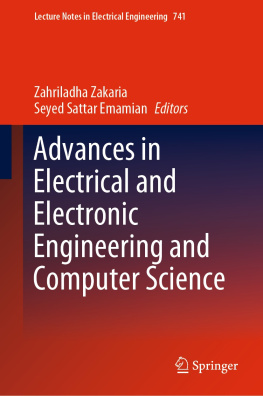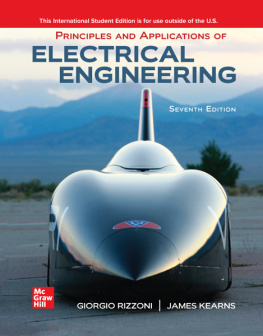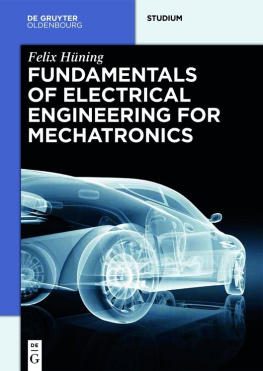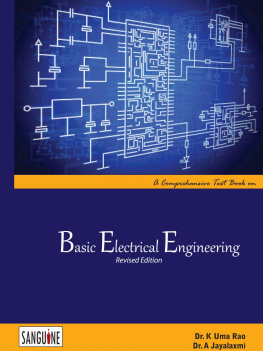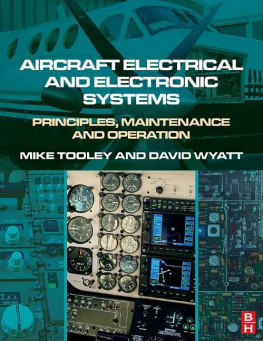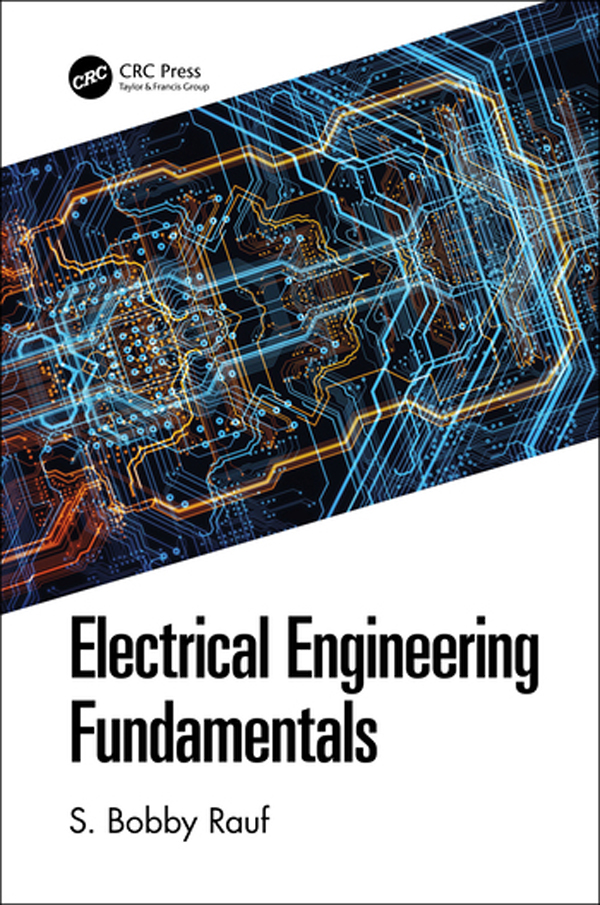S. Bobby Rauf - Electrical Engineering Fundamentals
Here you can read online S. Bobby Rauf - Electrical Engineering Fundamentals full text of the book (entire story) in english for free. Download pdf and epub, get meaning, cover and reviews about this ebook. City: Boca Raton, year: 2020, publisher: CRC Press, genre: Science / Computer. Description of the work, (preface) as well as reviews are available. Best literature library LitArk.com created for fans of good reading and offers a wide selection of genres:
Romance novel
Science fiction
Adventure
Detective
Science
History
Home and family
Prose
Art
Politics
Computer
Non-fiction
Religion
Business
Children
Humor
Choose a favorite category and find really read worthwhile books. Enjoy immersion in the world of imagination, feel the emotions of the characters or learn something new for yourself, make an fascinating discovery.

- Book:Electrical Engineering Fundamentals
- Author:
- Publisher:CRC Press
- Genre:
- Year:2020
- City:Boca Raton
- Rating:3 / 5
- Favourites:Add to favourites
- Your mark:
Electrical Engineering Fundamentals: summary, description and annotation
We offer to read an annotation, description, summary or preface (depends on what the author of the book "Electrical Engineering Fundamentals" wrote himself). If you haven't found the necessary information about the book — write in the comments, we will try to find it.
Many, in their quest for knowledge in engineering, find typical textbooks intimidating. Perhaps due to an extensive amount of physics theory, an overwhelming barrage of math, and not enough practical application of the engineering principles, laws, and equations. Therein lies the difference between this text and those voluminous and daunting conventional university engineering textbooks. This text leads the reader into more complex and abstract content after explaining the electrical engineering concepts and principles in an easy to understand fashion, supported by analogies borrowed from day-to-day examples and other engineering disciplines. Many complex electrical engineering concepts, for example, power factor, are examined from multiple perspectives, aided by diagrams, illustrations, and examples that the reader can easily relate to.
Throughout this book, the reader will gain a clear and strong grasp of electrical engineering fundamentals, and a better understanding of electrical engineering terms, concepts, principles, laws, analytical techniques, solution strategies, and computational techniques. The reader will also develop the ability to communicate with professional electrical engineers, controls engineers, and electricians on their wavelength with greater confidence. Study of this book can help develop skills and preparation necessary for succeeding in the electrical engineering portion of various certification and licensure exams, including Fundamentals of Engineering (FE), Professional Engineering (PE), Certified Energy Manager (CEM), and many other trade certification tests. This text can serve as a compact and simplified electrical engineering desk reference. This book provides a brief introduction to the NEC, the Arc-Flash Code, and a better understanding of electrical energy and associated cost. If you need to gain a better understanding of myriad battery alternatives available in the market, their strengths and weaknesses, and how batteries compare with capacitors as energy storage devices, this book can be a starting point.
This book is ideal for engineers, engineering students, facility managers, engineering managers, program/project managers, and other executives who do not possess a current working knowledge of electrical engineering. Because of the simple explanations, analogies, and practical examples employed by the author, this book serves as an excellent learning tool for non-engineers, technical writers, attorneys, electrical sales professionals, energy professionals, electrical equipment procurement agents, construction managers, facility managers, and maintenance managers.
S. Bobby Rauf: author's other books
Who wrote Electrical Engineering Fundamentals? Find out the surname, the name of the author of the book and a list of all author's works by series.

